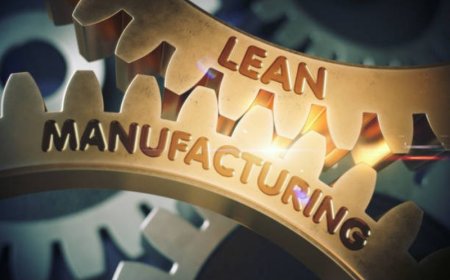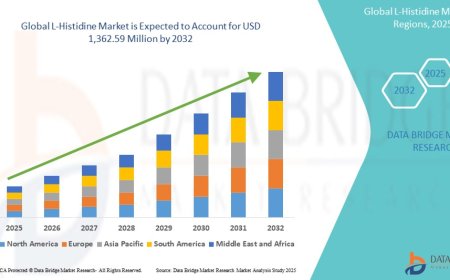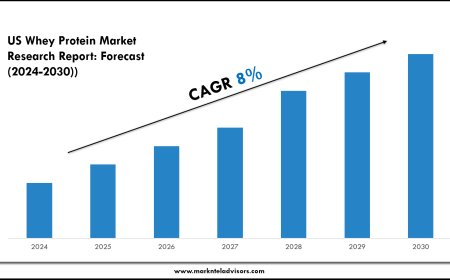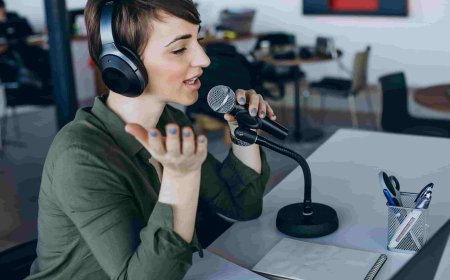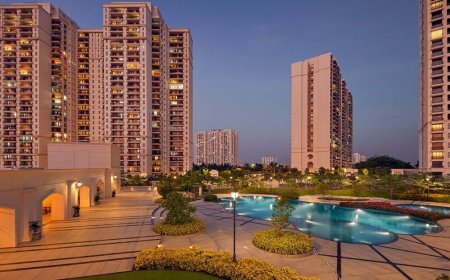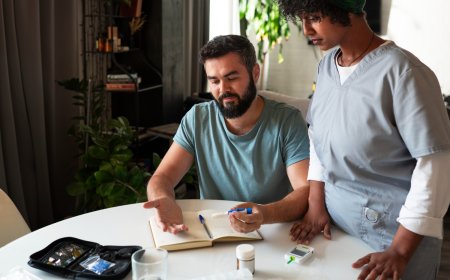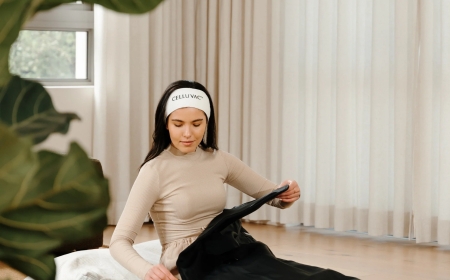Combining Ayurveda and EECP: A Holistic Approach to Heart Health in India
Heart disease has become one of the biggest health threats in India today. As modern lifestyles grow more stressful and sedentary, more Indians are facing heart-related issues at younger ages. Traditional treatments like bypass surgery or angioplasty are effective, but they come with risks, high costs, and long recovery times.

Heart disease has become one of the biggest health threats in India today. As modern lifestyles grow more stressful and sedentary, more Indians are facing heart-related issues at younger ages. Traditional treatments like bypass surgery or angioplasty are effective, but they come with risks, high costs, and long recovery times.
This has created a strong interest in non-invasive and holistic therapies. Two powerful approachesAyurveda, Indias ancient system of natural healing, and EECP (Enhanced External Counter Pulsation), a modern non-surgical heart therapyare now being used together to treat heart conditions more effectively and naturally.
By combining these two therapies, patients are experiencing better heart function, reduced symptoms, and improved overall health without the need for surgery or heavy medication.
Lets explore how this powerful combination is reshaping heart care in India.
What is EECP Therapy?
EECP stands for Enhanced External Counter Pulsation. It is a non-invasive treatment that improves blood circulation to the heart and other organs. During the treatment:
-
Cuffs are wrapped around the patients legs.
-
These cuffs inflate and deflate in sync with the heartbeat.
-
This increases oxygen-rich blood flow to the heart.
-
The body gradually forms natural bypasses around blocked arteries.
EECP is approved by cardiologists across the world and widely used in India for:
-
Chronic angina (chest pain)
-
Heart failure
-
Fatigue and shortness of breath
-
Poor circulation
-
Recovery after bypass or angioplasty
What is Ayurveda and Its Role in Heart Health?
Ayurveda is Indias traditional science of life and healing. It views the body as a balance of three doshasVata, Pitta, and Kaphaand uses herbs, diet, massage, yoga, and detoxification to maintain or restore health.
In Ayurveda, heart health is governed by:
-
Ojas (vital energy)
-
Rasa dhatu (the circulating nutrient fluid)
-
Emotional and mental balance
Ayurveda aims to treat both physical blockages and emotional stress that contribute to heart disease. It uses therapies such as:
-
Herbal medicines like Arjuna, Ashwagandha, and Guggulu
-
Panchakarma detox for reducing inflammation
-
Stress relief through yoga and meditation
-
Lifestyle changes to reduce heart strain
Why Combine EECP and Ayurveda?
Modern cardiology and Ayurveda may seem very different, but together they complement each other beautifully. Here's why:
1. EECP Improves Blood Flow; Ayurveda Strengthens the System
EECP boosts circulation and helps bypass blocked arteries. Ayurveda works on the underlying imbalancesimproving digestion, reducing toxins, and building resilience.
2. EECP Offers Immediate Symptom Relief; Ayurveda Offers Long-Term Wellness
Patients often feel better after just a few EECP sessions. Ayurveda then builds on this progress by supporting metabolism, stress response, and healing.
3. Safe, Non-Invasive, and Drug-Free
Both EECP and Ayurvedic therapies avoid surgery, anesthesia, or strong drugs. This makes the combination ideal for:
-
Elderly patients
-
Diabetics
-
People with kidney or liver problems
-
Those who fear surgery or can't afford it
4. Targets Both Physical and Emotional Causes of Heart Disease
Ayurveda emphasizes the role of mental well-being and emotional stress in heart health. Combining it with EECP leads to both physiological and psychological healing.
How Nexin Health Integrates Ayurveda with EECP
Nexin Health, a leader in EECP treatment in India, has started collaborating with Ayurvedic experts to create personalized integrative care programs.
Their process includes:
-
Medical evaluation by a cardiologist
-
EECP therapy sessions (usually 35 over 67 weeks)
-
Parallel Ayurvedic consultation
-
Supportive diet and herbal supplements based on patients dosha
-
Breathing exercises and gentle yoga for heart function
-
Stress management through guided meditation
This hybrid model helps reduce medication dependency, boosts recovery, and restores energy levels in a more balanced way.
Benefits of This Combined Approach
1. Better Outcomes Without Surgery
Patients with blockages who were unfit for bypass surgery have shown improved exercise tolerance, reduced angina, and better sleep with EECP and Ayurvedic support.
2. Fewer Side Effects
Since both therapies are natural and non-invasive, patients avoid the side effects often seen with heavy cardiac drugs or surgical recovery.
3. Improved Mental and Emotional Health
Ayurveda works deeply on stress, anxiety, and emotional traumafactors often ignored in clinical cardiology but crucial to long-term heart wellness.
4. Ideal for Chronic Heart Patients
Those with long-standing cardiac conditions, fatigue, poor appetite, or multiple comorbidities benefit from this gentle and effective approach.
5. Cost-Effective Care
EECP therapy is far more affordable than surgery. When combined with simple Ayurvedic lifestyle changes, it can delay or prevent the need for costly hospital procedures.
Who Can Benefit from EECP + Ayurveda?
This combination is ideal for:
-
Patients with stable angina
-
People not fit for surgery
-
Those recovering from bypass or stenting
-
Diabetic heart patients
-
Individuals with lifestyle-related hypertension or cholesterol issues
-
Patients seeking natural prevention and long-term wellness
A Day in a Combined Therapy Program
At Nexin Health or partnered centers, a patient might experience:
-
Morning EECP session (1 hour)
-
Herbal drink or decoction post-therapy
-
Light yoga or breathing practice
-
Ayurvedic consultation once a week
-
Balanced Sattvic meals as per guidance
-
Weekly Panchakarma detox if advised
The goal is to heal the heart from all anglesphysically, mentally, and energetically.
Conclusion
India is uniquely positioned to lead the future of integrative heart care by combining the precision of modern science and the wisdom of Ayurveda. EECP offers fast, safe symptom relief and circulatory support, while Ayurveda addresses root causesdigestion, stress, inflammation, and lifestyle.
As more patients seek gentle, holistic treatments, the synergy of EECP and Ayurveda stands out as one of the most complete and effective approaches to cardiac care.
If youre searching for a non-surgical, natural solution to heart health, consider EECP treatment in India with a holistic partner like Nexin Health. Together with Ayurvedic support, you can heal your heartnot just treat the symptoms.
Frequently Asked Questions (FAQs)
1. Is it safe to combine Ayurveda and EECP?
Yes. Both therapies are non-invasive and natural. When done under professional supervision, they complement each other and enhance results without side effects.
2. Do I need to stop my heart medications during this treatment?
No. Never stop heart medications without consulting your doctor. Ayurvedic and EECP therapies are integrated with your current regimen under medical guidance.
3. Can I follow Ayurvedic practices during my EECP sessions?
Absolutely. In fact, combining herbal supplements, diet changes, and lifestyle practices during EECP enhances healing. Most patients feel better faster with the combined method.
4. How long does the EECP + Ayurveda program take?
The standard EECP course is 35 sessions over 6 to 7 weeks. Ayurvedic support can begin before, during, and after this period, depending on your condition.
5. Where can I find such integrated treatment programs in India?
Nexin Health is one of the few centers actively offering integrated EECP and Ayurvedic care. They have locations in major cities and are expanding to Tier 2 towns through partner clinics.








